Teamwork 101
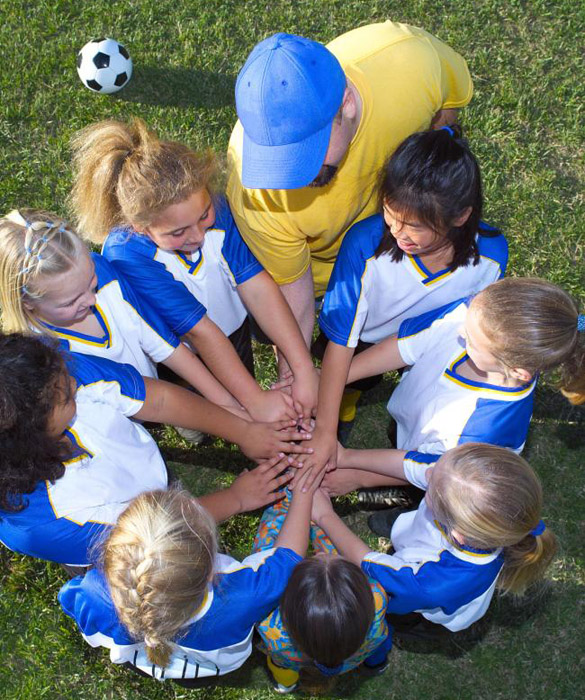
As many soccer moms know, team sports provide your children with opportunities to make new friends and aid their physical development. "Participating in group activities is a very essential part of child development," noted Dr. Vashaun O. Williams, board certified child and adolescent psychiatrist. Parents should encourage their children to participate in sports and group activities that interest them, including music groups, academic competitions and various school clubs.
Self Discipline

Sports and other activities require dedication and hard work. "They have to learn to balance their activity with homework and home responsibilities," explained Frank J. Sileo, licensed psychologist and author of four children's books. Sports involvement requires your child to manage time and set goals.
Cooperation
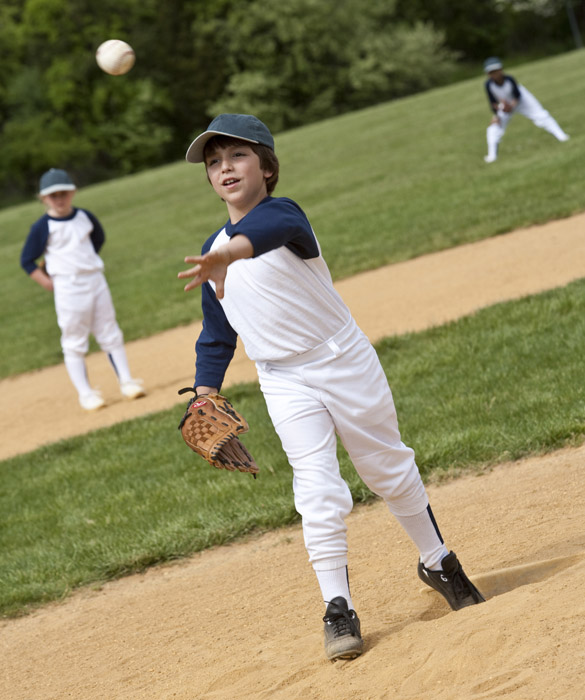
In sports, roles are divided to determine who excels at what area best, and then everyone must do their part so the team succeeds. "Team sports require learning to work cooperatively with others to achieve goals," said Williams.
Social Skills
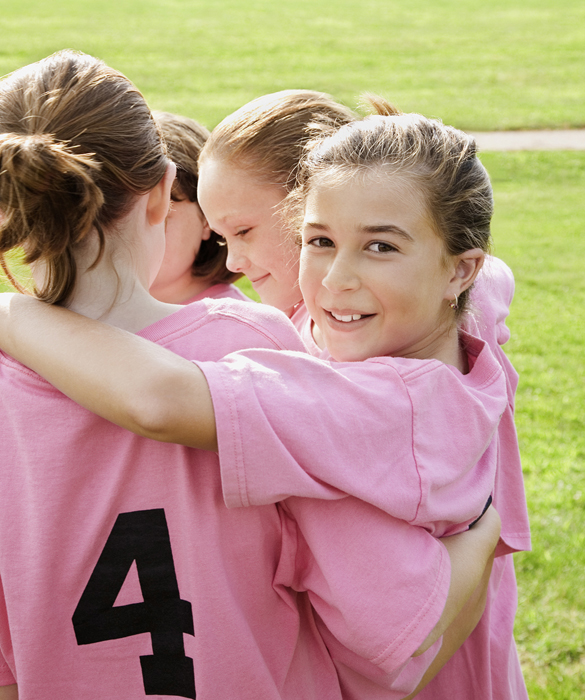
Being involved in a group presents many opportunities for your child to develop social skills. He can learn how to make and keep friends, how to deal with someone he may not get along with and even how to befriend another child who's left out.
Respect

Team sports teach children about structure, respect and rules, noted Williams. Not only do they learn to respect their coach as an authority figure, but they also learn to respect the referees, the game and their teammates.
Sportsmanship
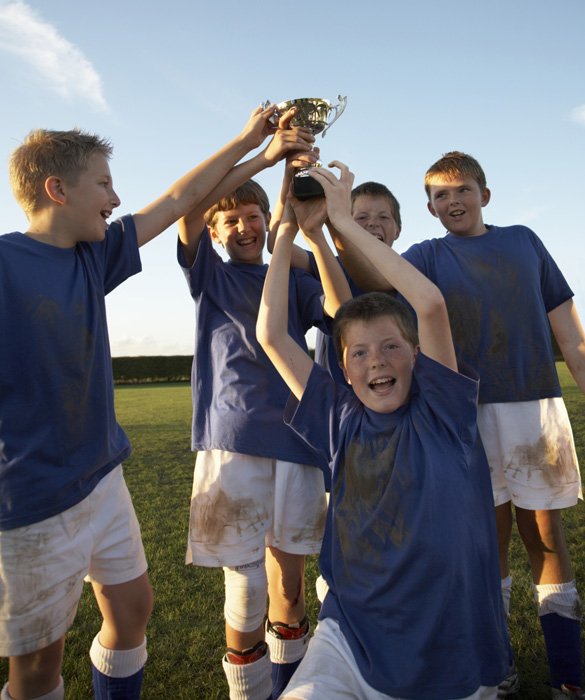
Sportsmanship is a valuable and applicable skill both on and off the playing field. "Children learn — with the guidance of adults — how to be good winners and losers," Sileo explained. They also learn how to deal with disappointment. "They learn that you may not always be the winner and how to cope with losing." He said this can help your child learn techniques to deal with failure either by working harder or re-evaluating goals.
RELATED: The Agony of Defeat
Preparation

Participating in team sports requires a dedication to learning various sets of rules and, depending on the sport, different plays, so that you don't let the team down. "Repetitive preparation for eventual performance underscores the importance of practicing," said Williams.
Physical Health
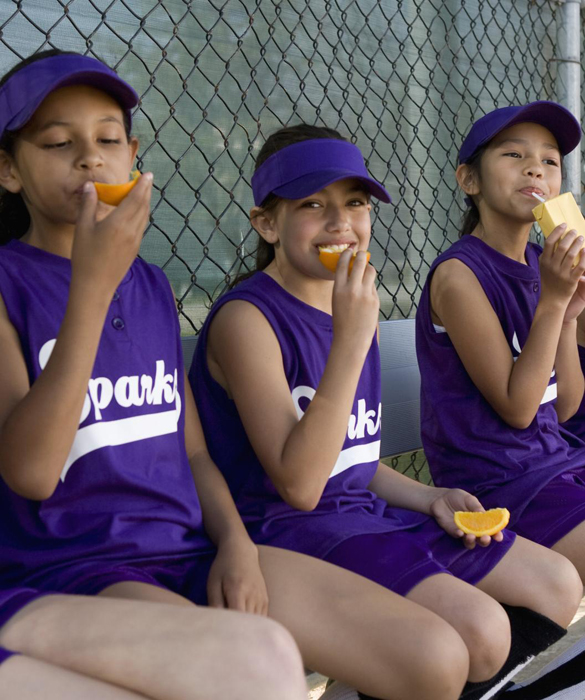
A major benefit of sports is that they help children to learn good exercise habits and proper eating strategies for body fuel that carry through into adulthood. Additionally, "Playing sports has obvious health benefits, such as keeping weight healthy, lowering cholesterol and reducing blood pressure," said Sileo.
Perseverence
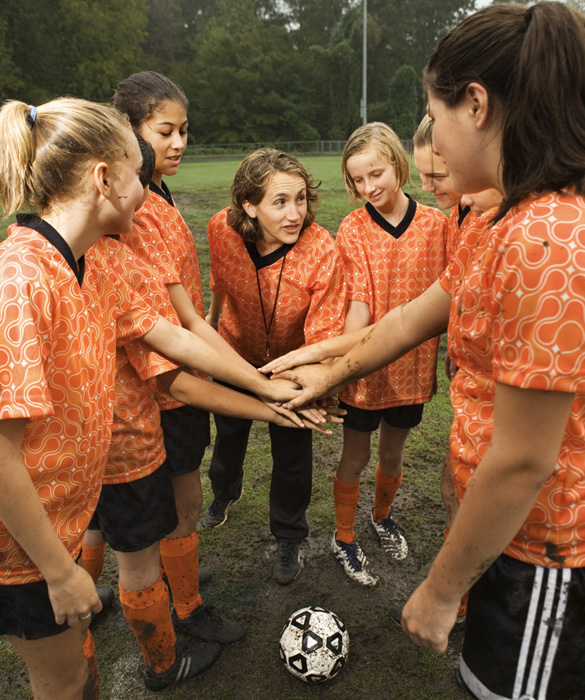
Even if your child's team is down 24 to zilch and time's running out, her team must stay with it and keep trying to the end, no matter how discouraged they feel. "Perseverance in the face of adversity is learned in team sports," Williams said.
RELATED: Dangerous Games?



